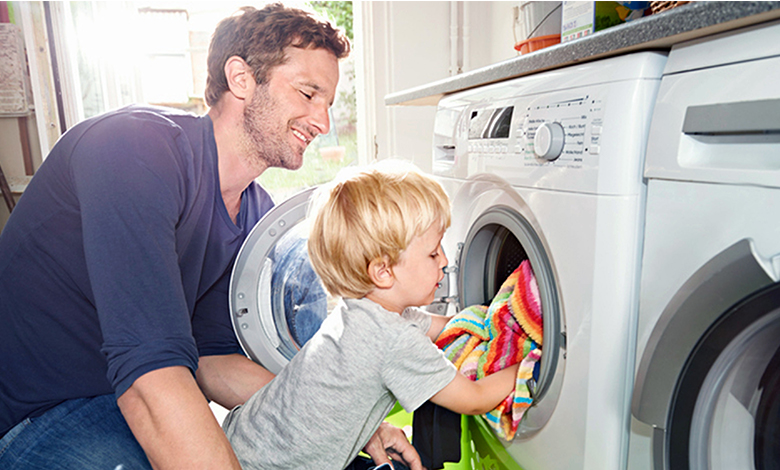- Relying on age-based developmental milestones isn’t necessarily useful
- Every child grows at their own pace
- There are a host of factors – internal and external – that influence a child’s development
How important are developmental milestones?

Key points
Dr Justin Coulson - Leading Parenting Expert
There are all these little milestones that you mark as a parent. In the first few years of life, your child develops the ability to crawl, stand, walk, use the toilet, sleep through the night, or eat independently. These can be exciting moments, but they can also be something we place too much emphasis on, especially if we fear our little ones aren’t reaching them on schedule. Do you need to worry? Well, not usually. But sometimes it’s best to check in with your doctor. It is normal for some children to be ahead of the curve and for others to be behind the curve. That’s fine! For most developmental progress, we only need to worry if our children are missing milestones by a wide margin (6 months to a year). Otherwise, they’ll achieve them in their own time and in their own way – and that’s OK.
There’s a host of variables at play
Factors that can influence childhood development include genetics, sleep, diet, time spent with parents, access to enrichment activities, and a wide range of other variables, too. Your little one’s brain is creating billions of connections in their first 3 years of life. What they’re exposed to, what they experience, what they’re drawn to and so many other things will all contribute to how they develop. Two children born from the same genetics and raised in the same household will hit milestones at different times – but they’ll both end up accomplishing them eventually so long as development tracks along a typical trajectory.
Resist the comparison trap
When we get caught up in the comparison game, it creates unnecessary anxiety for ourselves and it puts inappropriate pressure on our children. It’s unfair to everyone. It’s not important if your child is the first to walk in their cohort or not, because they will all reach the same destination. Even if your child is the first in your mothers’ group to meet these milestones, we can end up taking credit for something that may just be dumb luck. It’s worth stepping back and asking, “What exactly am I getting caught up in here?”. If it’s about comparison and competition and doing ‘enough’, then that’s not useful.
Development is a process
Take motor skills, for example. If we were to tick the box for our child’s fine motor skills development at 2 years old, it would be tempting to say, “That’s that, then.” But the reality is, even as an adult you could further develop your fine motor skills if you chose to. You could take a painting course or learn to make jewellery. The process doesn’t just stop at a specific age. You’ll also likely notice that your child will develop a jagged developmental profile; they’ll be ahead in some areas and behind in others. All that matters is that their body and brain eventually figure out the processes. Some kids will do it sooner, some later – and it doesn’t really matter. These things will not have a significant impact on the trajectory of their lives. If your child is experiencing significant delays in fundamental skills like walking and talking, it may be appropriate to seek medical advice. Otherwise, stop worrying about arbitrary milestones and trust in the process.
Related pages

Get in touch with our Careline experts
When your little one is unhappy or unwell you want reliable support from a trusted source. Our Careline team of nutritionists, dietitians and midwives specialise in infant and child health, offering free nutrition, feeding and product information.
Every feeding journey is unique
Not every parent can produce breast milk. No matter what choice you make, we will support your unique feeding journey.
We at Nutricia believe in providing the best nutrition for babies, which is why we recognise breast milk is uniquely superior for babies as it provides many benefits. It is important that mums have a healthy diet to support breastfeeding. A decision not to breastfeed, or partial bottle feed, may reduce breast milk supply making it difficult to reverse. The cost and social implications of using feeding methods should be considered. Always seek professional advice about feeding your baby. Ensure formula is used as directed as improper use can affect baby’s health.
REMEMBER: The information on this page is general only. If you have any concerns about your baby’s poo or questions about constipation or any other health concerns, please speak to a healthcare professional, like a Pharmacist, GP or Maternal Child Health Nurse.



